8 Common Causes of Electrical Problems
Electricity is a crucial component of our daily lives, powering everything from our appliances to our gadgets. However, electrical problems can be both frustrating and dangerous, posing risks such as fires or electrocution. Understanding the common causes of electrical issues can empower homeowners to address them proactively, ensuring both safety and efficiency in their homes. In this article, we will explore several typical causes of electrical problems and offer insights into preventing them.
1. Outdated Wiring
One of the most prevalent causes of electrical problems is outdated wiring. Many older homes are still equipped with wiring systems that do not meet current safety standards. According to This Old House, these houses often rely on 60-amp to 100-amp service, which is inadequate for modern electrical consumption. This insufficiency can lead to overloaded circuits, which in turn pose a serious fire hazard. Additionally, older wiring may not have the proper insulation, increasing the risk of short circuits and other issues.
2. Overloaded Circuits
Another frequent cause of electrical problems is overloaded circuits. As technology advances and households accumulate more gadgets and appliances, the demand for electrical circuits increases. Many people unknowingly overload their circuits, particularly in older residences where wiring has not been upgraded. This overstress can cause the circuit breakers to trip frequently, cutting power to important appliances or even causing permanent damage to the electrical grid.
3. Faulty Electrical Devices
Faulty electrical devices are also a common contributor to electrical problems. Devices that are damaged, poorly manufactured, or no longer meet safety standards can cause short circuits, sparks, or fires. It's essential to regularly inspect electrical devices for signs of wear and tear, such as frayed cords or visible damage. In addition, always use devices as intended, avoiding modifications that could compromise their safety features.
4. Improper Installation
Improper installation of electrical components frequently leads to issues. Whether it's something as small as a miswired outlet or as critical as an incorrectly installed panel, mistakes made during installation can have severe repercussions. Professional installation is recommended to ensure compliance with electrical codes and to avoid future problems. DIY enthusiasts should proceed with caution and consult a professional when in doubt about electrical projects.
5. Natural Wear and Tear
Lastly, natural wear and tear can lead to electrical dilemmas over time. Electrical systems are subject to natural degradation, which can result in loose connections, corroded wires, and compromised insulation. Regular maintenance checks are necessary to identify and rectify such issues before they escalate into more significant problems. Preventative care is essential in keeping an electrical system running smoothly and safely.
6. Power Surges
Power surges are a common but often overlooked cause of electrical problems. These surges occur when there is a sudden spike in electrical current, which can happen due to lightning strikes, issues with the power grid, or high-powered devices cycling on and off. Power surges can damage appliances, electronics, and even the wiring in your home. Installing surge protectors and whole-house surge protection systems can help mitigate the risks associated with these electrical spikes.
7. Rodent and Pest Damage
Rodents and pests can wreak havoc on electrical systems by chewing through wires, leading to exposed wiring and potential short circuits. This type of damage not only disrupts power but also poses significant fire hazards. Regular inspections and taking preventative measures, such as sealing entry points and using deterrents, can help protect your electrical system from these unwanted guests.
8. Environmental Factors
Environmental factors such as moisture, temperature fluctuations, and exposure to corrosive elements can also impact electrical systems. For instance, moisture from leaks or high humidity can cause short circuits or corrosion in wiring and connections. Similarly, extreme temperatures can lead to the expansion and contraction of materials, resulting in loose or damaged connections. Ensuring proper insulation, weatherproofing, and addressing leaks promptly can help mitigate these risks.
Electrical problems can range from minor inconveniences to serious safety hazards, underscoring the importance of understanding their common causes. From outdated wiring and overloaded circuits to faulty devices, improper installation, and natural degeneration, each aspect plays a role in potential electrical failures. By educating oneself about these issues and practicing regular maintenance, homeowners can ensure their electrical systems remain safe, reliable, and efficient. Ultimately, proactivity and attention to detail are key to mitigating the risks associated with electrical problems. Be sure to reach out to Centerline Services LLC today for more information on our professional electrical service!

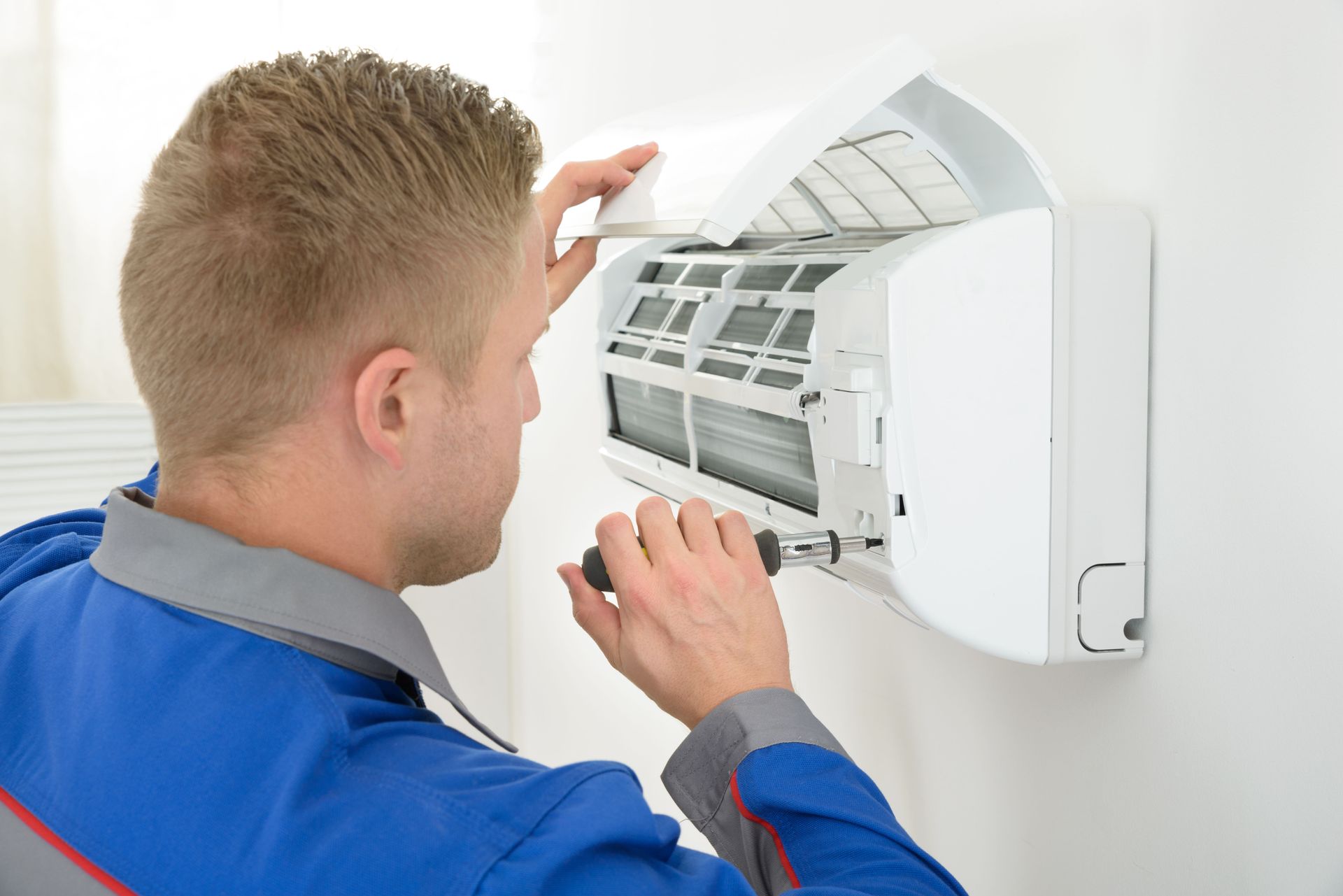
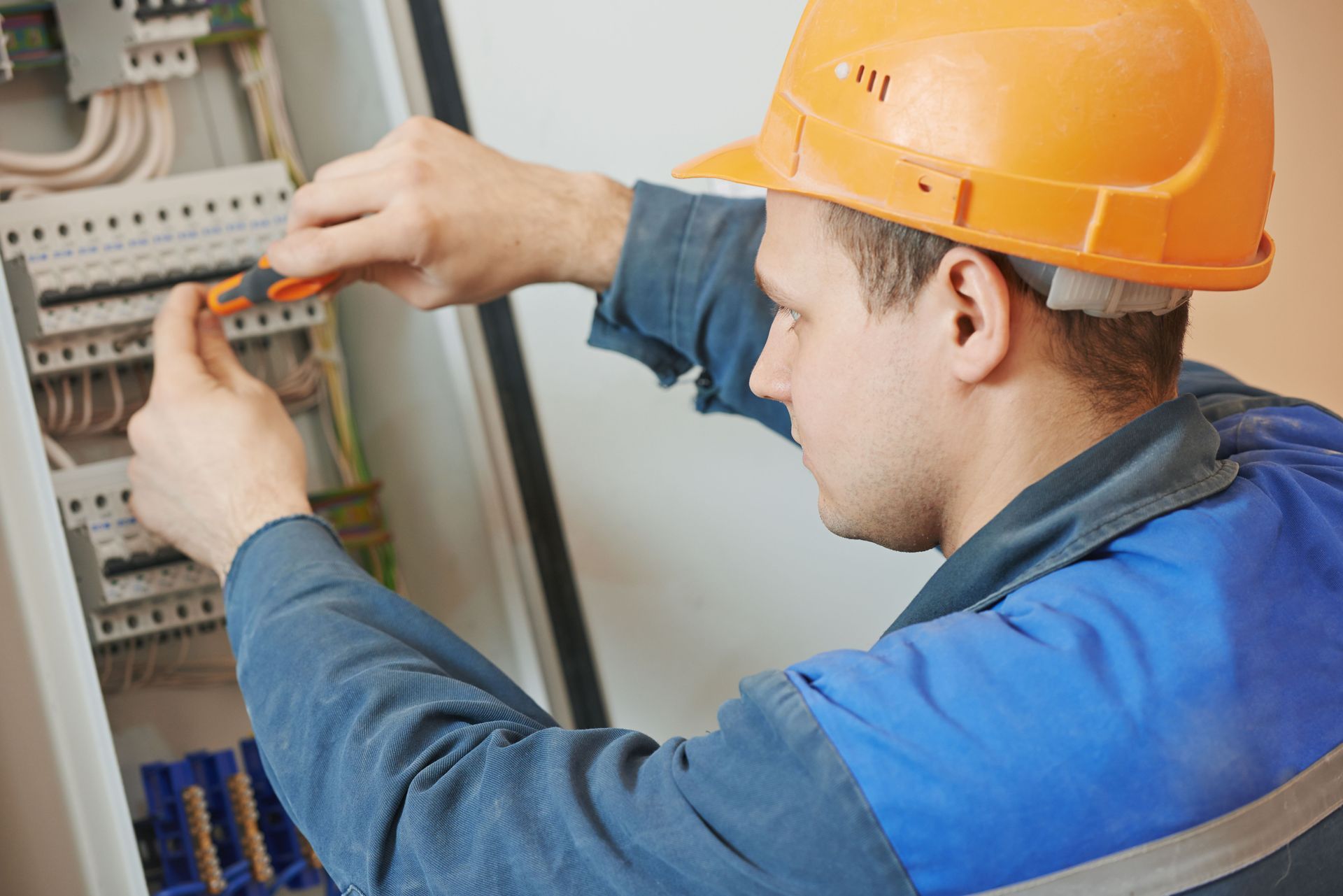

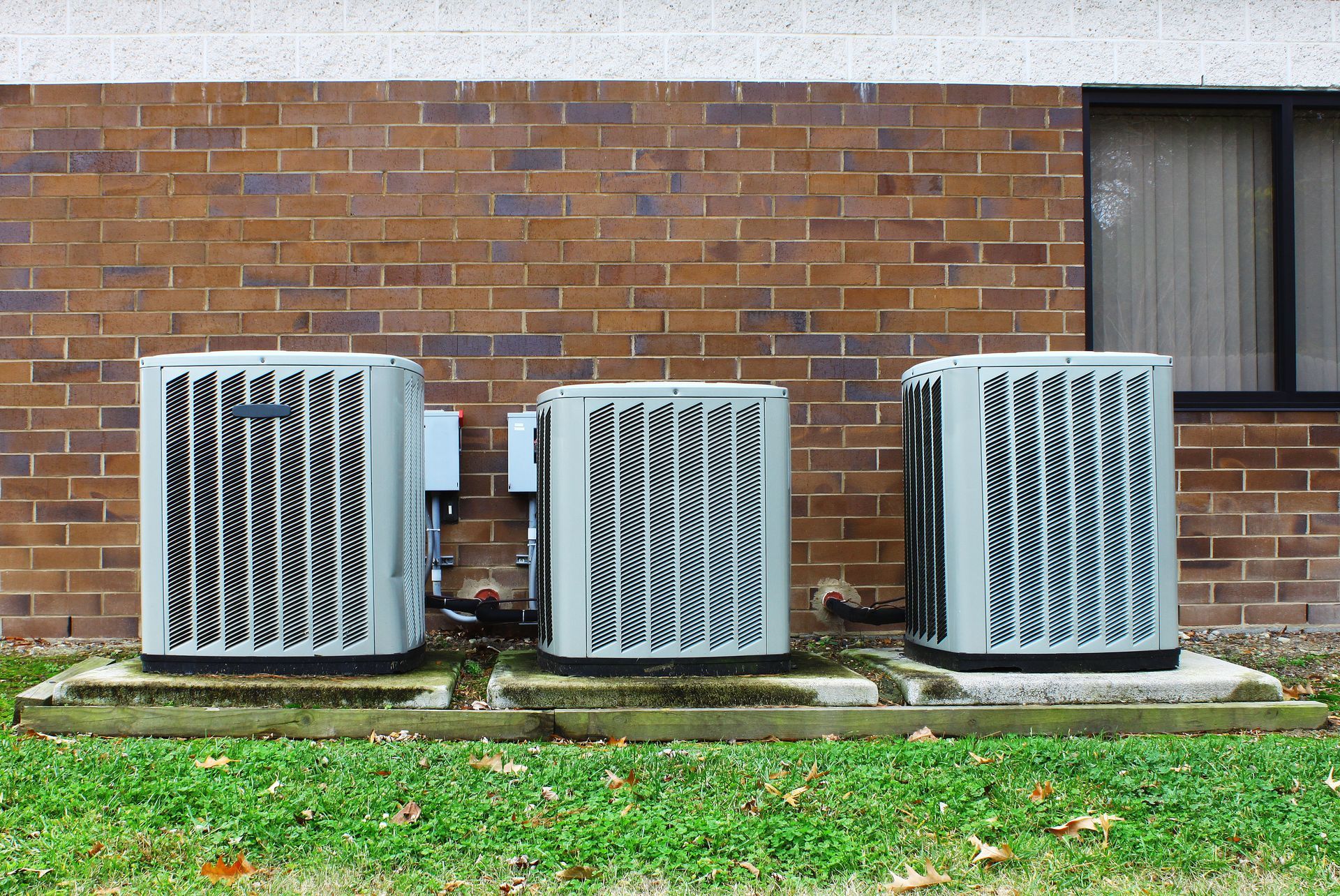
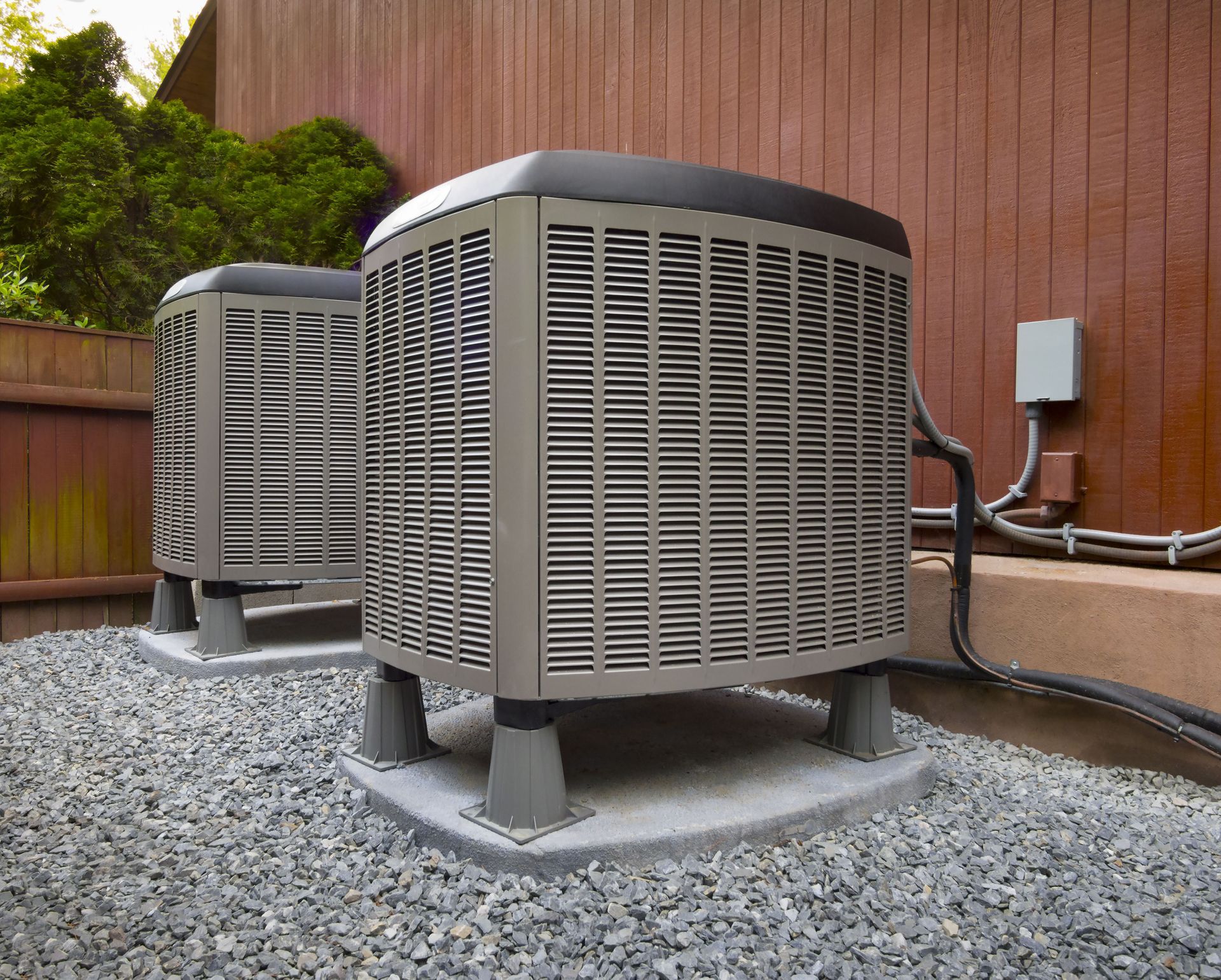
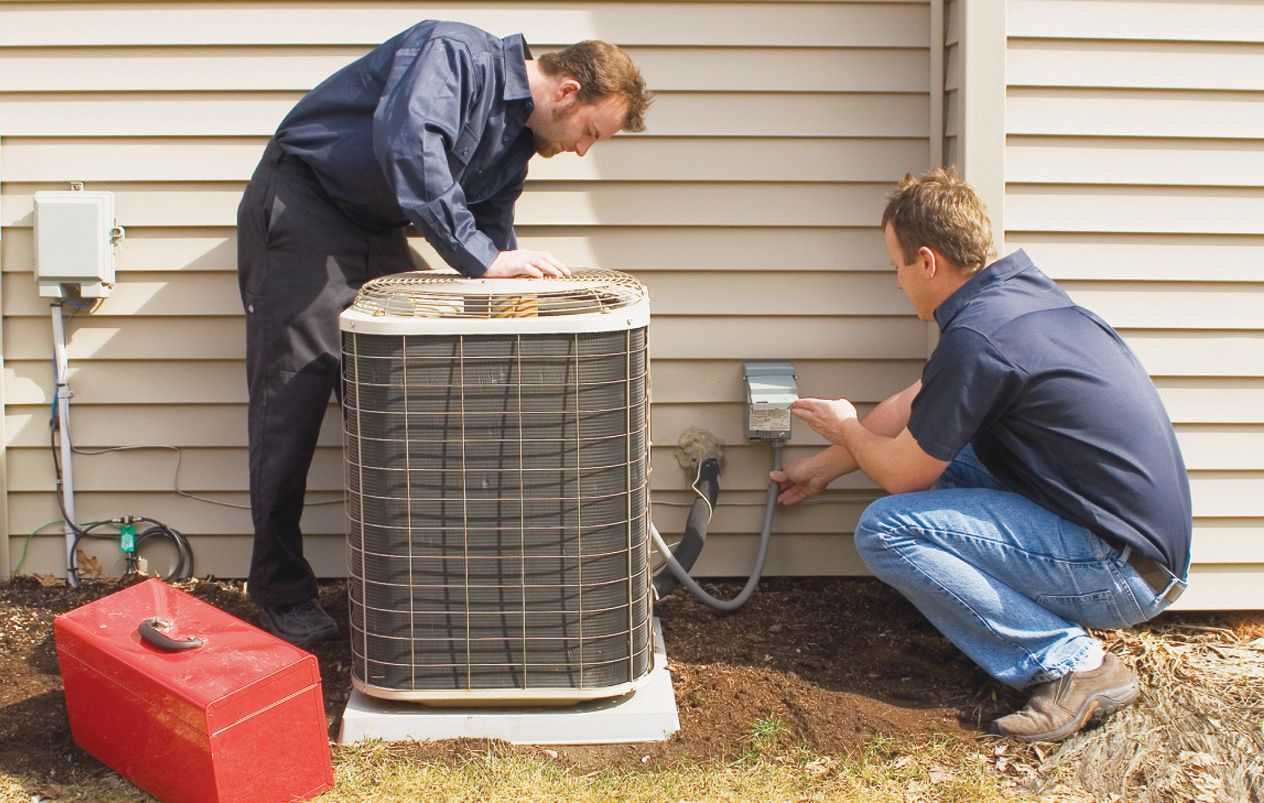
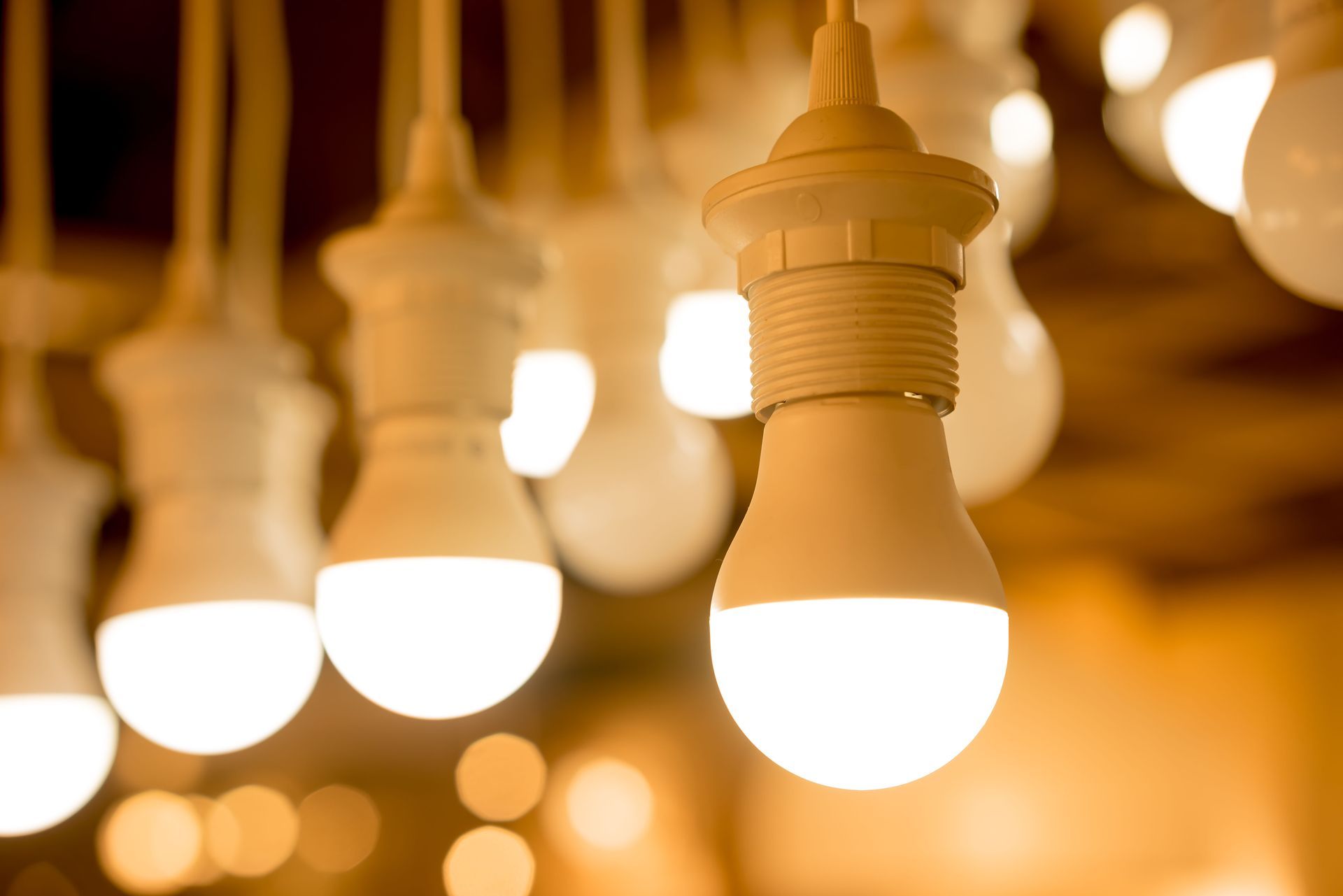
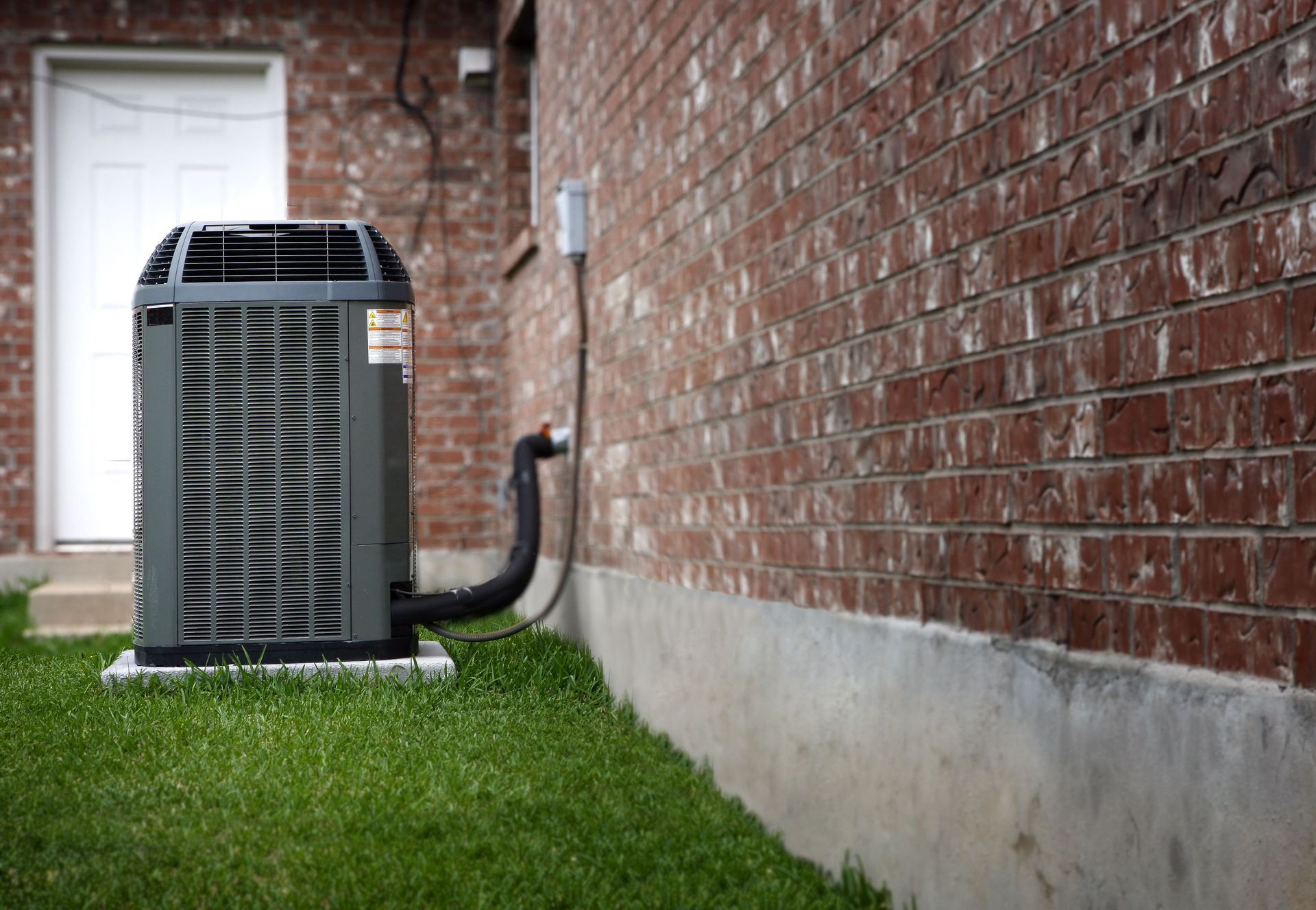
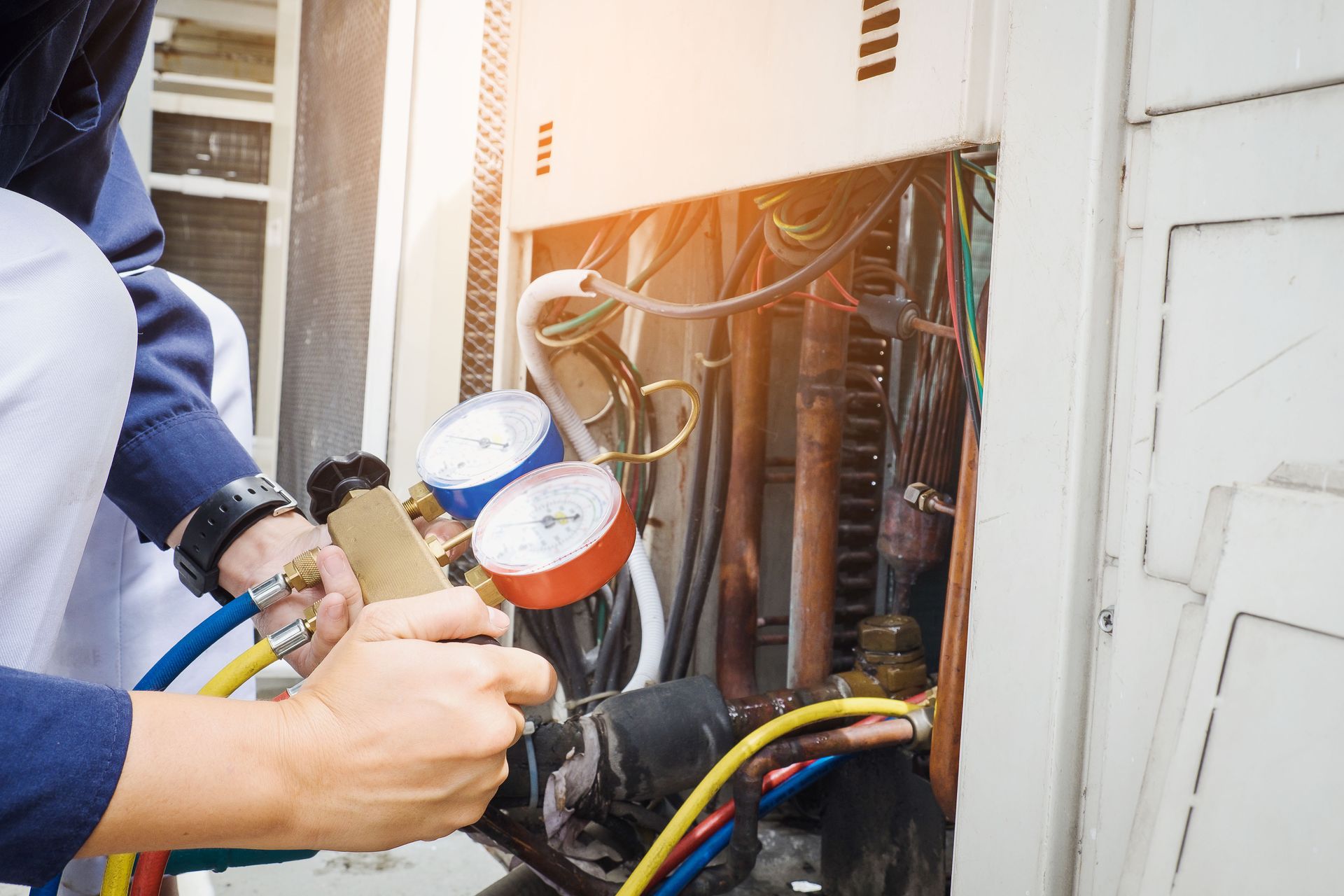
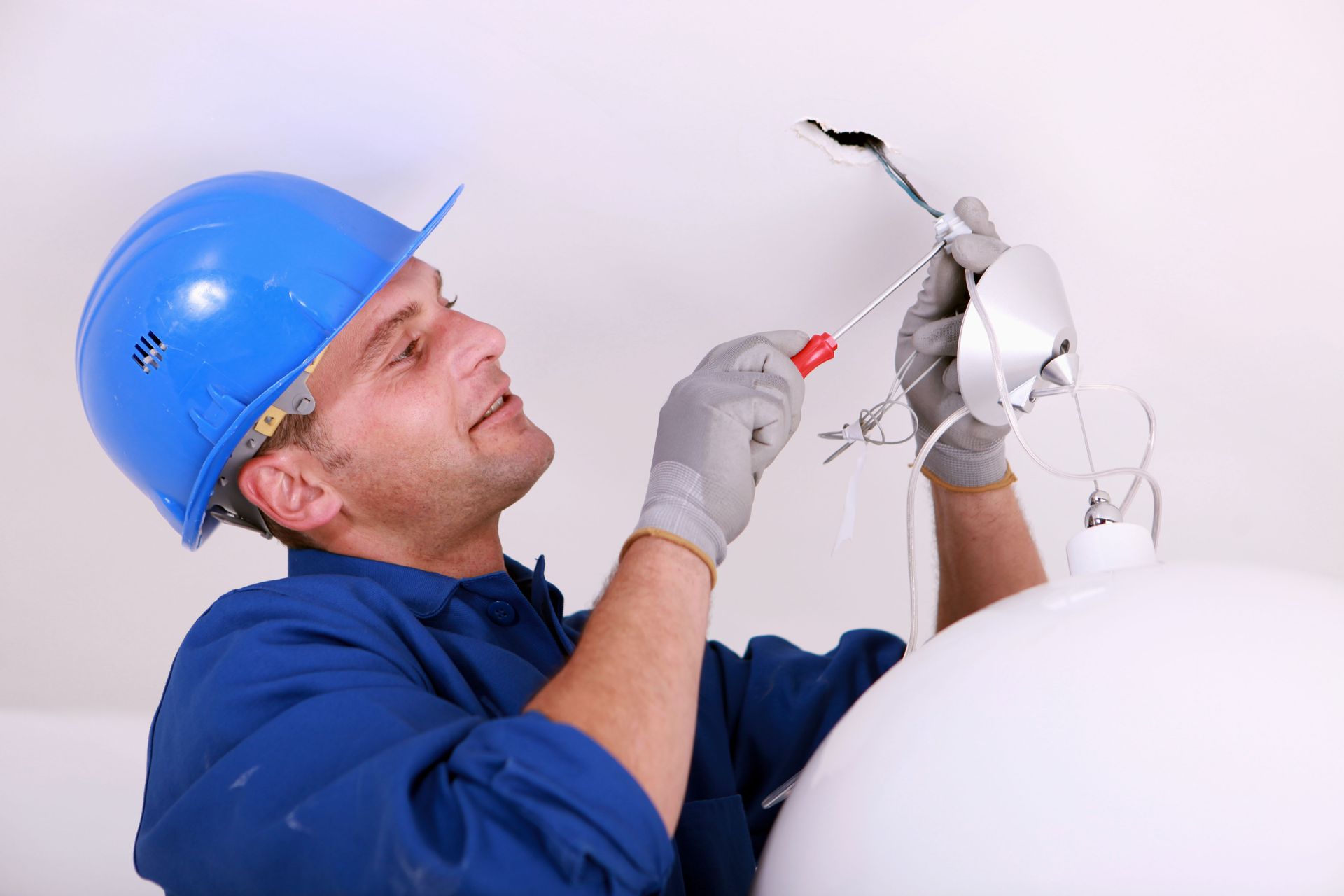
Share On: